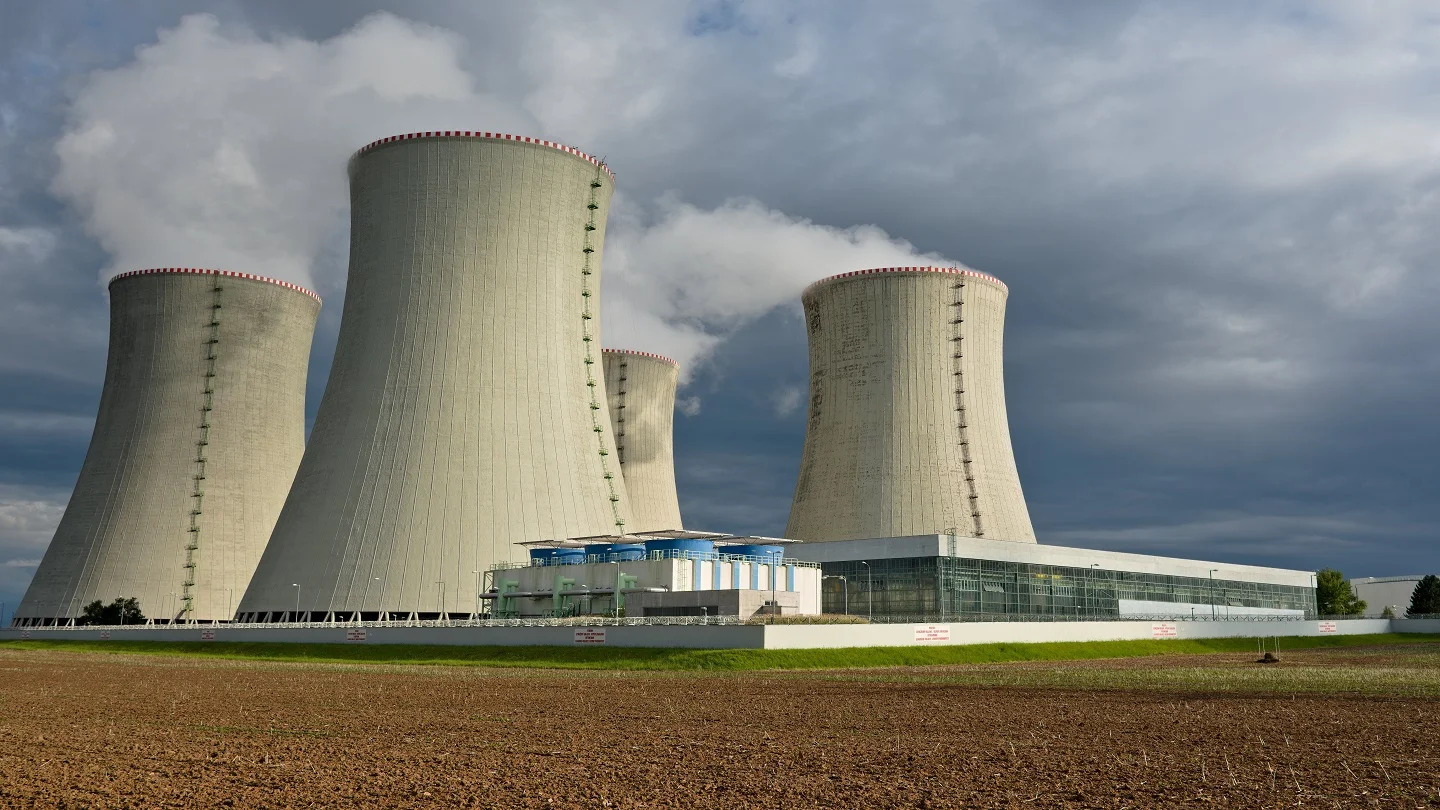
January 23 , 2024

North Africa Egypt has committed to net-zero emissions by 2050 and is taking steps to achieve this objective with the milestone construction of its first nuclear power plant, the El Dabaa Nuclear Power Plant (NPP).
The plant, being built by Russia’s state-owned nuclear corporation ROSATOM in collaboration with Egypt’s Nuclear Power Plants Authority, is under development in the Marsa Matrouh governorate on the Mediterranean coast, 250 km west of Alexandria.
Egypt’s first nuclear power project
The facility is a massive project that consists of four VVER-1200 reactors of AES-2206 design, each with a capacity of 1,200 MW. When completed, the plant will offer Egypt a clean and dependable supply of electricity, accounting for about 10 percent of Egypt’s energy consumption, with an annual production of up to 37 billion kilowatt-hours of electricity, enough to power millions of homes and businesses.
Long-awaited, the NPP, which will have a 120-megawatt capacity for each of its four reactors, costs US$28.75 billion. About 85 percent of this is by Russia, which Egypt will pay over a 22-year loan term with an annual interest rate of three percent, according to a bilateral agreement signed in 2015.
The project is anticipated to be in full operation by 2030.
El Dabaa Nuclear Power Plant
As part of Egypt’s nuclear programme, the El Dabaa nuclear power plant started in 1954. The location was chosen for the project in 1983; the decision to build the facility, however, was announced in October 2007.
In August 2010, the International Atomic Energy Agency (IAEA) approved the facility, but construction was suspended due to the 2011 Egyptian Revolution disagreements with the residents of Dabaa.
Later in 2015, the Egyptian government signed two contracts with Russia for the building and financing of the plant.
Foundation-laying of the fourth reactor
On Tuesday, January 23, 2024, Russian President Vladimir Putin and Egypt’s leader Abdel Fattah al-Sisi virtually laid the foundation of the El-Dabaa nuclear power plant and witnessed the official ceremony of the pouring of concrete for the fourth and final reactor of the NPP.
For al-Sisi, the project “contributes to increasing reliance on new and renewable energy sources, achieving environmental sustainability, and addressing climate change.”
No carbon emissions
As countries rapidly transition to sustainable energy sources, producing power with less carbon emissions, nuclear power remains relevant and has become one of the alternatives to achieving net-zero carbon emissions. Although not renewable, nuclear power remains recyclable and emits no greenhouse emissions, making it the world’s second-largest source of low-carbon energy, second only to hydropower.
Nuclear power, while not without hazards, is a potentially clean and abundant source of energy for a country dealing with a growing population and limited resources. The success of this project is tipped to open the door for more nuclear development in Egypt and the region.
Source: Energy Ghana

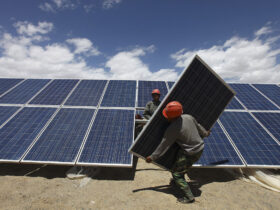

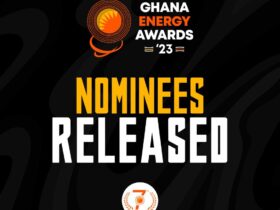

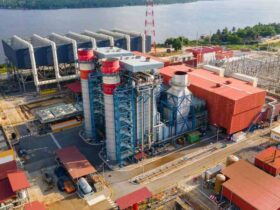
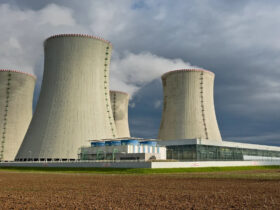
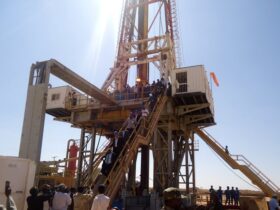
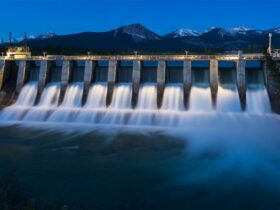
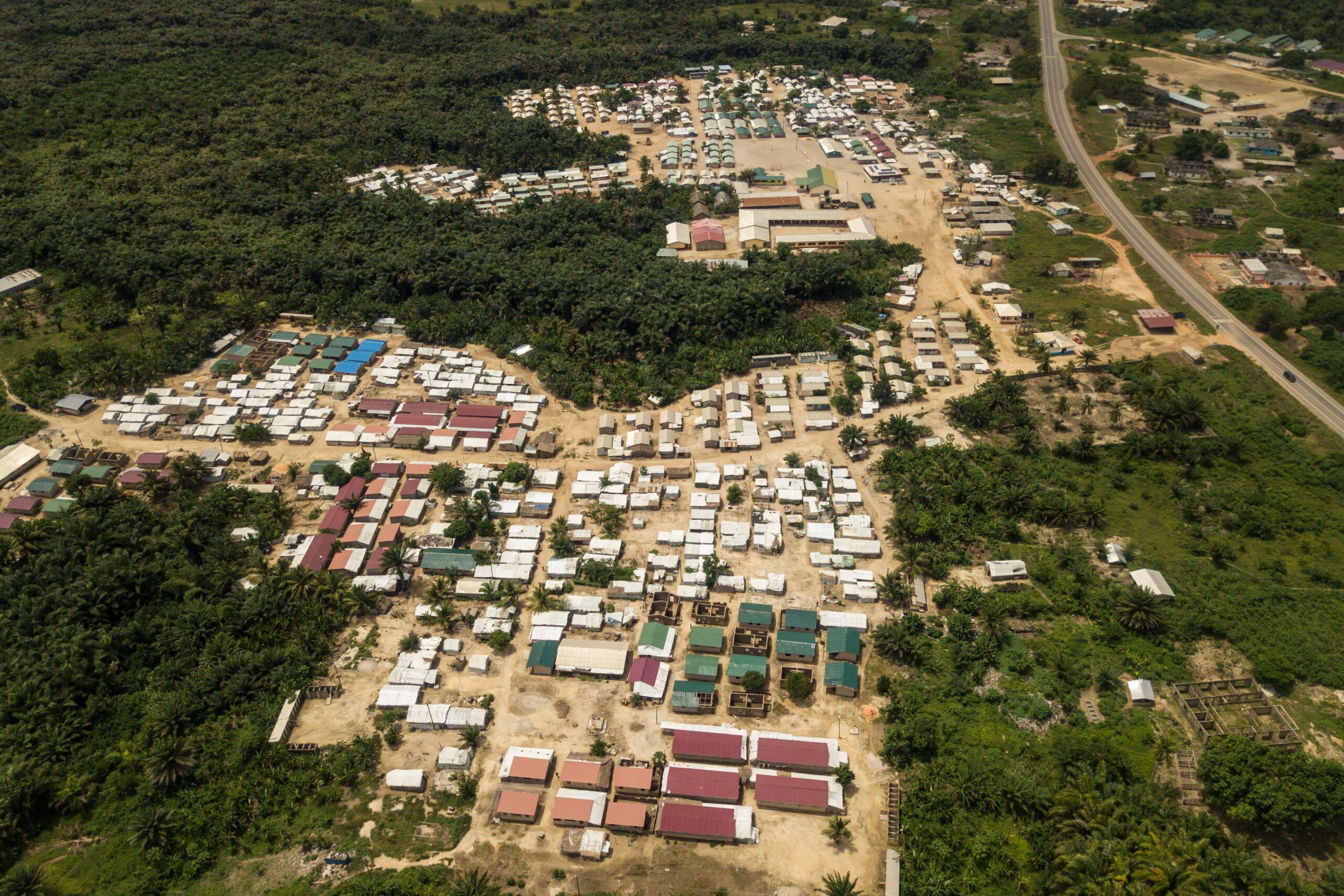

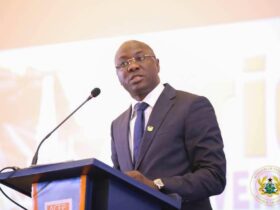

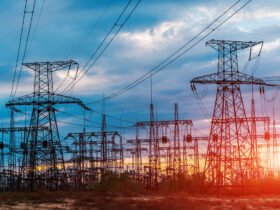
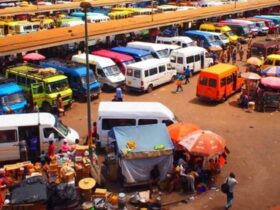
Leave a Reply